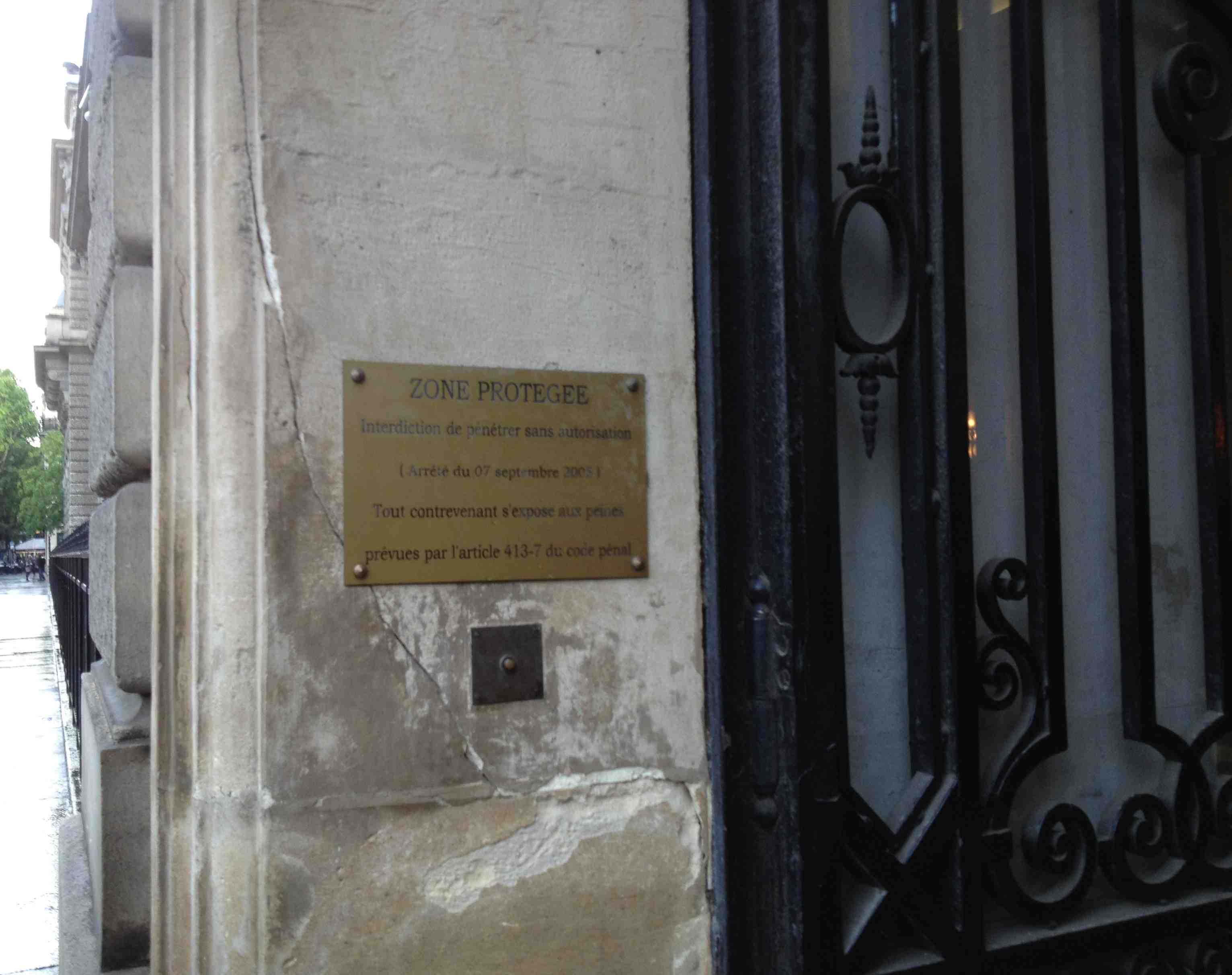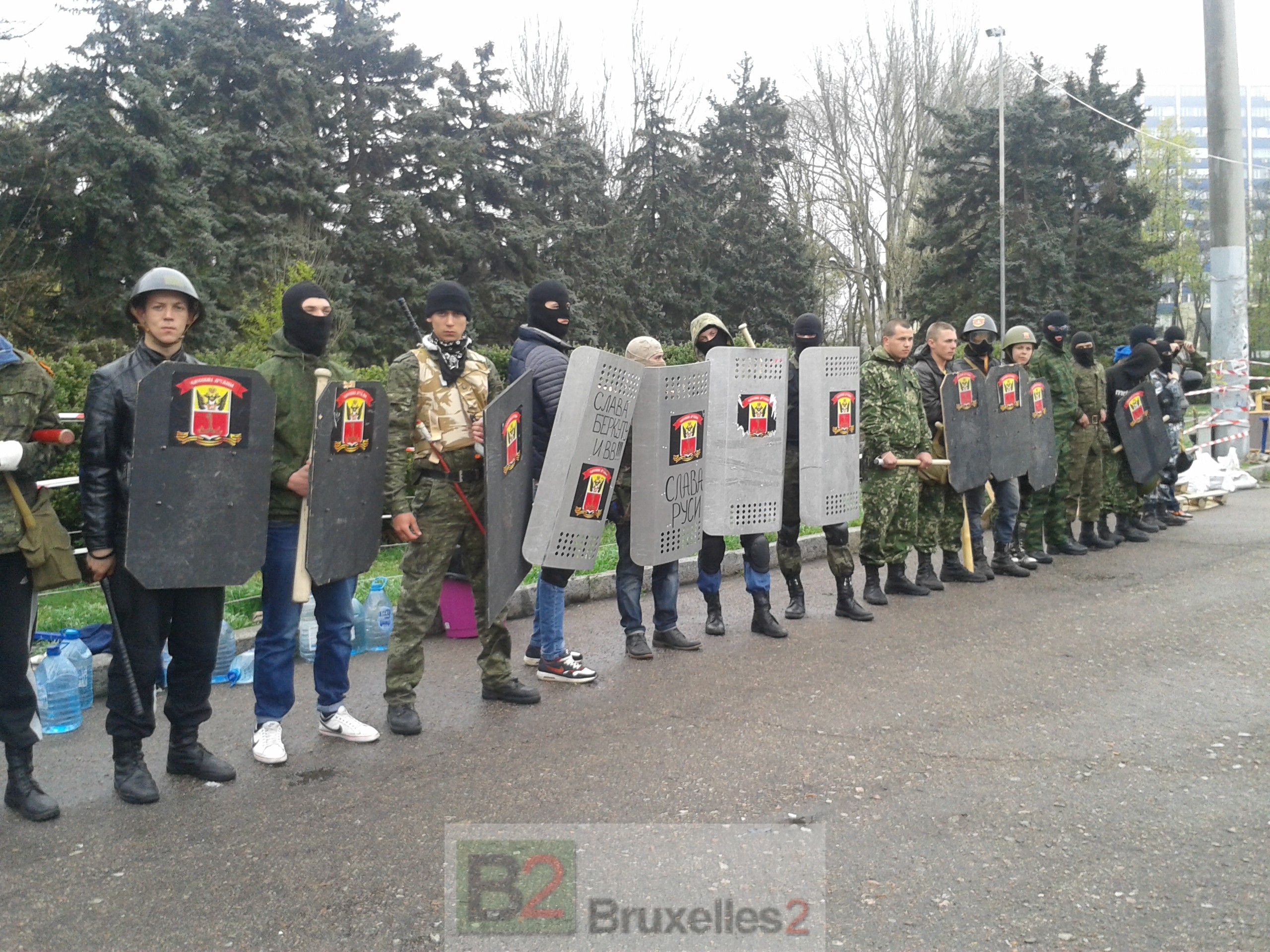Freedom, studies, democracy… The velvet revolution with medical students
(archives) For several days, history has undergone quite a boost in the east, particularly in Czechoslovakia. In this movement, students from the two 'capitals' of the country, Prague and Bratislava, played a major role. Spotlight on medical schools.
The pacing of 'hooligans'
« November 16, the eve of International Student Day says Pavel, a medical student in Bratislava, begins a demonstration in our city, bringing together about 250 students. The police checked us, but did not intervene. Surprised by our initiative, the police looked at each other and asked themselves: how is this possible?. » In Prague, on the other hand, the next day, the police intervened brutally, injuring 70 people, several of them seriously. These facts, presented on television and radio as " hooligan pacing », decided the students to act. Very quickly, from Monday 20, the students went on strike and a coordination committee bringing together all the faculties of the country was formed. The teachers in the majority support them; but many lived through 1968, remember, advocate moderation. In fact, this "revolution" turns out to be very wise.
Inform, plan, reflect
Three essential tasks then occupied medical students: to inform, to anticipate, to reflect. Busy medical universities are always full. A new life has taken hold, punctuated by conferences, debates and the preparation of events. A hotel has even been set up for students living far from the centre. In the information cell - the sinews of war - typewriters and mimeographs run almost day and night to print press releases, leaflets and the faculty newspaper, which teams of students then leave to distribute in strategic corners of the city, or in the universities and strike committees of neighboring towns.
A relief organization for medical students has even been set up… just in case. In permanent radio contact with the official emergency service, it has 300 members. Because every day, a demonstration brings together in Prague for several hours, thousands of people in the cold. And hot drinks and treatments are then welcome. The central committee of the Czechoslovak Red Cross contacted refused its assistance - governmental links oblige -, even prohibiting the student teams from wearing the armband of the Geneva conventions... Despite this, local committees and individual initiatives have made it possible to equip the students in equipment, first aid kits, and even armbands or flags at the Red Cross. In Bratislava, the permanent aid station set up at the student coordination office is not idle, most of the students having slept as little as eaten.
The third task for students concerns reflection on their future. Because their claims relate as much to their studies as to the problems of society. The necessarily Marxist character of education is unanimously opposed to it. Students no longer want to devote energy and time to classes in Marxist politics or economics…. This is all the more so since these subjects are marked for passage to the next year. Similarly, the compulsory teaching of Russian is criticized: " not necessary for us, because we don't use it. We would prefer to learn more useful languages, English, German ". The quality of teaching is the second subject of dissatisfaction, " too theoretical, not practical enough. With the same length of study - six years - we could learn more and better ". The students do not find all the professors at the level, not only from a personal point of view but " because they don't have enough time for education alongside their patients in the hospital ". It must be said that to be a university professor, membership in the Communist Party is strongly recommended.
The obligation of military service for boys is also disputed: indeed, in the fourth and fifth year of studies, the student must devote one day a week to military education. At the end of his studies, he will have to do more, often at the other end of the country, a year in the barracks. Enough to forget everything… Czechoslovakia being an over-medicalized country, the students want… a selection, based not on criteria of protection or membership of the Party but on criteria of knowledge. Finally, they also want to be represented in the management of universities and to see the inviolability of faculties recognized by the police. The students join here the reoccupations expressed by the Civic Forum, the organization bringing together all the opposition forces, for more democracy and political freedoms...
The health system: insufficient
In Czechoslovakia, there is not a minister of health, there are two: a Czech and a Slovak, because the country is a federation of two states. Despite this peculiarity, the health system is, as in all Eastern European countries, public and free. Hospitals are classified into three levels: local, regional and university. Only the latter have all, or almost, the specialties and heavy equipment. But this equipment is often old and obsolete. Doctors are paid by the state, and divided into sectors. Patients must consult the sector doctor - "first contact doctor" - where they work, and be hospitalized in the one where they live.
Members of the Nomenklatura benefit from specific hospitals. This taboo has just been lifted. A clinic under construction at great expense, in the 5th district of Prague, has just been in front of protests, converted into an analysis institute. The clinics already operating will be reassigned soon, but the problem arises of knowing in what way. On the other hand, no opening to the private sector has been made or planned. Not everyone wants it. According to one knowledgeable observer, privatization will bring nothing more. It will be even worse for everyone, because people will have to, and want to, deduct from the bare necessities to pay the doctor. This system will only benefit the privileged »
The real problem is that the means devoted to health are insufficient. Both health and education only receive crumbs from the state budget. " We have the highest number of doctors per inhabitant, 1/284, one of the highest rates in the world with Israel; but we are proletarianized… We want to work as free men. The salary is so low (on average 3000 crowns*, that is to say almost half that of a mine worker) that the doctor busy with satisfying his family budget and... chooses among the patients those who are specialists, plumbers..., and who can do something for him! ". In hospitals, the shortage of beds is glaring, because " opening a bed costs more — about a million crowns* — than training a doctor. Also sometimes we cannot place a patient because there are not enough beds ».
The supply of medical equipment has reached a critical point, even if the increase in the health budget (from 4 to 6,3%), recently carried out in favor of a reduction in expenditure on armaments, has markedly improved certain sectors (e.g. single-use syringes). But for drugs, hospitals are supplied irregularly. More regular is the list of drugs not to be prescribed because they are not available. It will thus be understood that the health situation of the population is not excellent. According to figures published in "Ochranca prody", journal of the protection of nature, Czechoslovakia ranks last in Europe for male mortality, penultimate for women; last for infant mortality (7th in 1962, 17th in 1977)!


Comments closed.